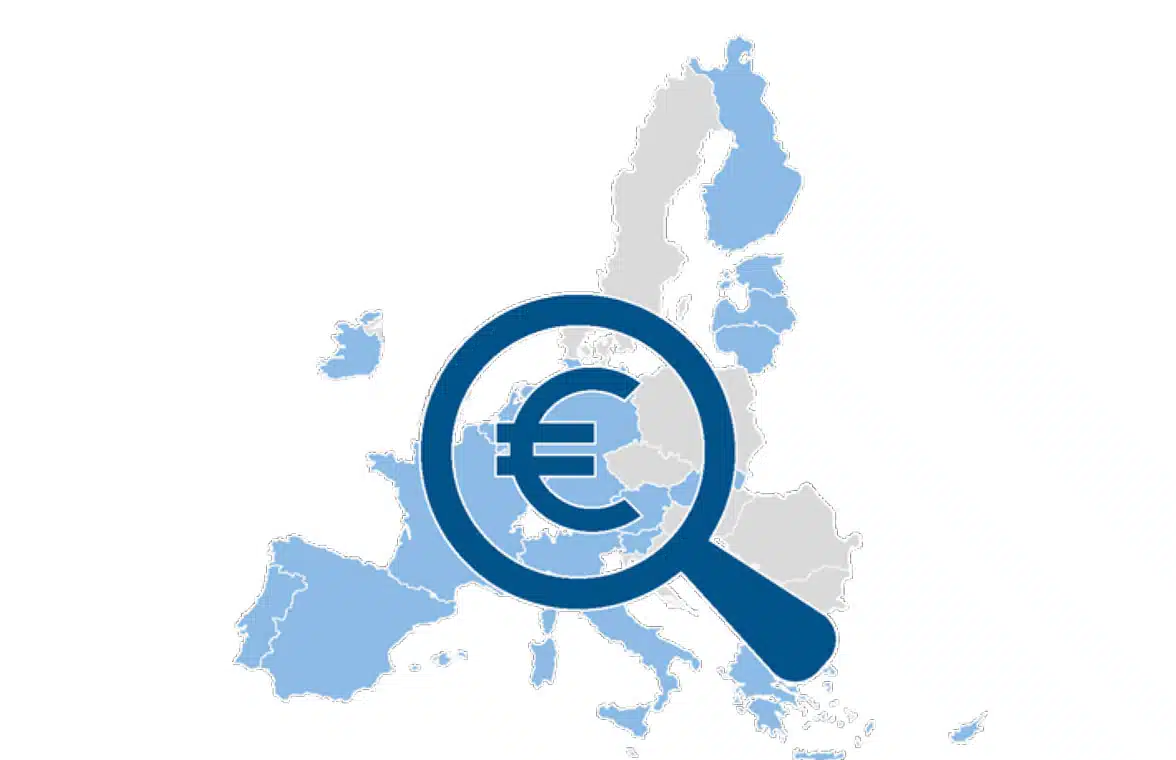
The European Central Bank (ECB) should continue to develop the digital euro and start its proposed testing phase in October this year, but should not go ahead with launching the proposed central bank digital currency (CBDC) “unless new elements emerge strongly supporting such a decision”, according to an analysis paper requested by the European Parliament’s Committee on Economic and Monetary Affairs (ECON).
The paper — which does not represent the European Parliament’s official position — commends the ECB’s research work to date but identifies 10 key areas where, it says, “the risks and imponderables” of implementing a digital euro are currently “stronger than the arguments in favour of it”.
The paper does not consider legal questions relating to the issuance of the digital euro and recommends that, in its forthcoming discussions with the ECB, ECON focuses on the following technical and design issues which require further research and clarification prior to any parliamentary decision on the issuance of a digital euro:
- Market analysis: Whether there is a market niche for a digital euro and whether the CBDC “would have a good chance of establishing itself in today’s highly diversified, competitive, innovation and fast-moving retail payment industry”.
- Cooperation and competition with banks: How a digital euro would affect the relationship between the ECB and the commercial banks delivering front-end services in relation to competition, incentivisation and compensation.
- Relation with big tech companies: The scope of cooperation between the ECB and technology providers in order to enable ongoing technological innovation.
- Scope, limitations and remuneration: Whether design issues including the upper limits for digital euro holdings and remuneration of digital euro accounts have been adequately considered.
- Implications for monetary policy: The implications for the conduct of monetary policy “and alternative operational frameworks of monetary policy that the ECB may adopt in the future”.
- Implications for financial stability: How the ECB is preparing to mitigate against the potential risks to financial stability that may result from the issuance of a digital euro.
- International dimensions: Considerations arising from the progress towards the issuance of CBDCs in other countries, cooperation and coordination with other central banks.
- Privacy: Difficulties in evaluating concerns over privacy expressed by members of the public and in distinguishing between legitimate and illegitimate concerns and whether the ECB’s preferred solution matches solutions favoured by the public.
- Financial inclusion: Questions arising from whether the digital euro will reduce the share of the unbanked population in the euro zone and how it might affect cross-border remittances.
- Testing: How the ECB plans to test a prototype digital euro in “all relevant aspects: the digital systems, the functions performed by the banks and other PSPs to onboard customers, the relation between the functionalities of the PSPs and the ECB, the enhancement of the ECB balance sheet to record proposed digital euro balances etc”.
Although “the concluding judgement is broadly positive on the preparatory work” on the digital euro, it remains “doubtful on the wisdom of eventually launching a digital euro”, the paper says.
The Digital Euro: When in doubt, abstain (but be prepared) paper was commissioned by the European Parliament’s Economic Governance and EMU Scrutiny Unit and written by economist Ignazio Angeloni from the European University Institute and Security and Freedom for Europe (SAFE).
The ECB published its third report on the investigative phase of the digital euro project earlier this month.
Next: Visit the NFCW Expo to find new suppliers and solutions